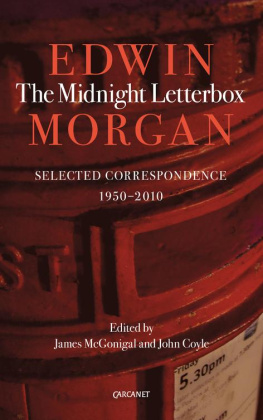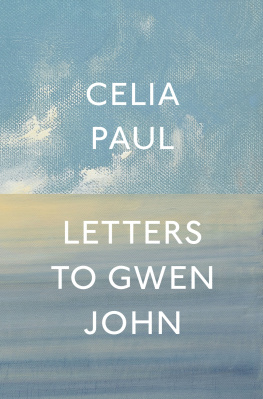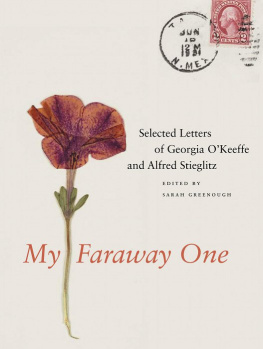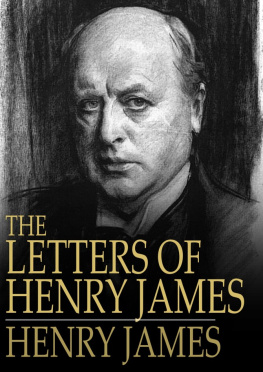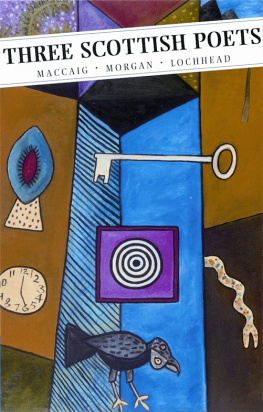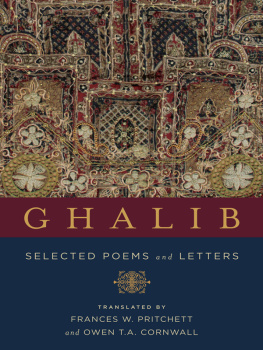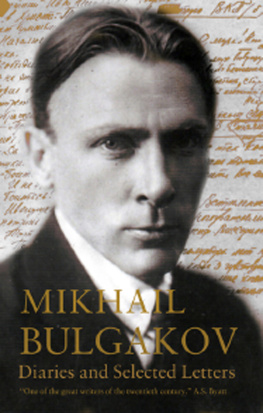Edwin Morgans correspondence is as wide-ranging as his poetry. The letters relate not only to current poems and translations but also to his ever-changing work in theatre, music, journalism, cultural politics and education. His literary correspondents were many and varied here T.S. Eliot and Hugh MacDiarmid appear with W.S. Graham, Salvatore Quasimodo, Allen Ginsberg, Ted Hughes, Dom Sylvester Houdard, Ian Hamilton Finlay, Haroldo and Augusto de Campos, Eugen Gomringer, Alastair Gray, Laura (Riding) Jackson and more. There is helpful and long-term contact too with significant figures in the younger generation of poets, such as Veronica Forrest-Thomson, Tom Leonard and Richard Price. There are kindly letters to his readers of all ages, as well as sharper ones to publishers and editors from the 1950s onwards. And these letters take many forms, from verse epistles to newspaper correspondence, from editorial strictures to academic gossip, from calligraphy and postcards to email. How were we to pick and choose from such riches?
This book emerged from Morgans own collection of letters, so in a sense the first selection was his. From the start, he seems to have kept most original communications and many of his own carbon-and, later, photocopied replies. He retained for the record much that a weaker personality might have concealed. Like his poetry, the letters reveal a determination to witness to the fullest range of human experience. From the late 1980s onwards, folders of this correspondence were sent in tranches with other material to the Department of Special Collections in the Library of the University of Glasgow. He had been a student there in the 1930s and lectured in English Literature from the late 1940s until 1980. From the many thousands of letters in these Edwin Morgan Papers (papers which also include manuscript drafts of poems and translations, his own and others artwork pasted into striking scrapbooks, libretti and screenplays, essays, reviews, scripts, lectures and travel diaries), it is possible to trace a poets response to, and active shaping of, a manifold life.
As editors we have attempted to map both that life and an age. In sequence the letters help recreate Morgans intellectual biography, documenting his eager engagement with artistic movements such as constructivism, American and Scottish modernism, sound and concrete poetry, poetry in translation, gay and avant-garde writing and with the writers and critics involved in these. We begin in the late 1940s, but focus mainly on the last six decades of his life, from 1950 to 2010. He had burned personal letters when leaving to serve in the Royal Army Medical Corps in 1940. He survived to return home, and appeared thereafter determined to keep a full record of whatever life presented to him. Thus personal and professional details emerge, with the charm and wit evident to all who met him.
Born in 1920, he tended to see his own long career turning quite radically with each decade as it had suddenly changed from undergraduate studies to war service, and then from the narrow deprivation of 1950s Scotland to his second life of cultural and emotional awakening in the 1960s, and again onwards into the darker 1970s, and so on. His letters reflect these changing contexts. We have followed his preference for a decades-eye view in presenting the letters here.
There are constants throughout, of course. A central theme is his desire to extend Scottish culture through engagement with literature from other times and places with avant-garde American writing, with international currents of sound and concrete poetry from So Paulo to Vienna, and with Eastern European poetry in translation, notably from Russia and Hungary. His correspondence reveals an increasing involvement with poetic theatre in the 1980s and 1990s, and other ensemble work in jazz and orchestral music. His love of science and cinema was life-long.
Amidst commissions and deadlines, his customary correspondence with artists, film-makers, composers, editors, academics and readers young and old seldom slackened. Into the midnight letterbox near his flat were posted late communications for early morning collection. Since he had a gift for warm and humorous contact at a distance, domestic details constantly illumine a working poets life. Letters had the signal advantage of allowing him to retain the privacy essential for his poetic work while sharing enough of his alert creative self to make recipients feel that he wrote only for them. That self sometimes signed letters with six swift calligraphic strokes that resolved themselves into his initials, EM.
There are so many fine letters in the Papers that we did not need to prospect further into other literary archives in, for example, the National Library of Scotland. The present work is chosen from a much larger body of correspondence posted from Glasgow to almost anywhere. It has been shaped finally by our and the poets publishers, Carcanet Press, as the realism of price and production come into play. So these Letters are a selection of a selection of a selection. In order to present the maximum possible number, we did not attempt to produce facsimiles but instead saved space in the layout of addresses and salutations. Where only a date is given, the implication is that the letter was written from the same address as the last previously noted in full. Individual glosses were preferred to footnotes for similar reasons of economy. Asterisked names in these glosses mean that these individuals were also correspondents, with letters included elsewhere and page numbers noted in bold in the index. Together with introductions to each decade, we trust that enough detail is given to guide but not overwhelm the reader. Catalogue references refer directly to the Edwin Morgan Papers in the Department of Special Collections. A brief list of further reading is also included.
In the three years taken to complete these Letters, we have been helped by many people. This book would have been impossible without them. We would like to thank the poets literary executors in The Edwin Morgan Trust for permission to publish; Professor Christian Kay and Dr Jean Anderson of Glasgow University for facilitating an early pilot project; and the Glasgow University Chancellors Fund for supporting the costs of replicating the chosen letters. This formidable task was carried out with cheerfulness and accuracy by Dr Linden Bicket. Staff in the Department of Special Collections have been unfailingly helpful. Sarah Hepworth, Deputy of Special Collections, has been unstinting in her encouragement and advice. We are also grateful to Dr Sam Maddra, Project Archivist, for special help with the Veronica Forrest-Thomson letters; to Stella Halkyard of the the John Rylands Library in the University of Manchester for additional information; to Tom Leonard for guidance; and to Professor David Kinloch and Dorothy McMillan for copies of personal letters.
Lastly, we would like to thank Dr Helen Tookey at Carcanet Press for her positive support at every stage. And we are particularly grateful to the founder of the Press, Professor Michael Schmidt, for suggesting that two editors who had been taught by Edwin Morgan in different decades would work happily in partnership on the letters that ran vitally alongside that memorable teaching. He was correct.
Alan Shearer, friend and fellow student
(handwritten postcard)
12 Albert Drive
Burnside
29 April 1947 |
Dearwisher
Tacks for pinning such
Fine-all washes
Your close holy
& mutch abbreechiated
Aha Mayday appropinquishes
liber-finnishgons re-odyssue
heimorganwards, by passthistime you
notes contentness by cor, I pense?

